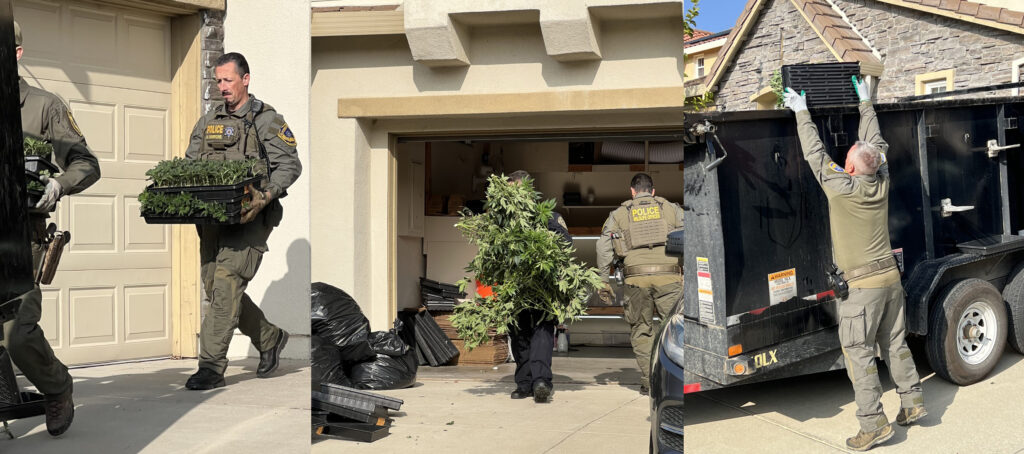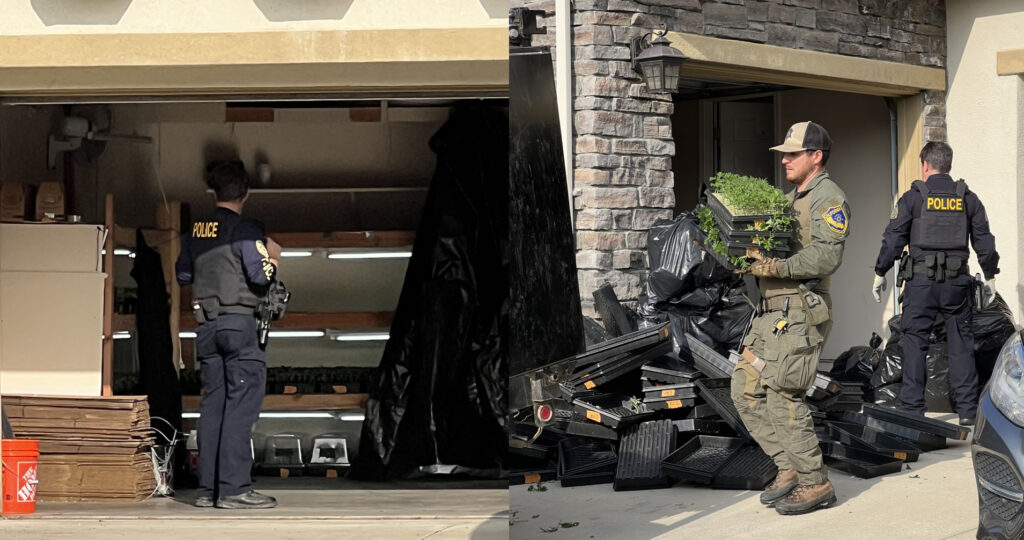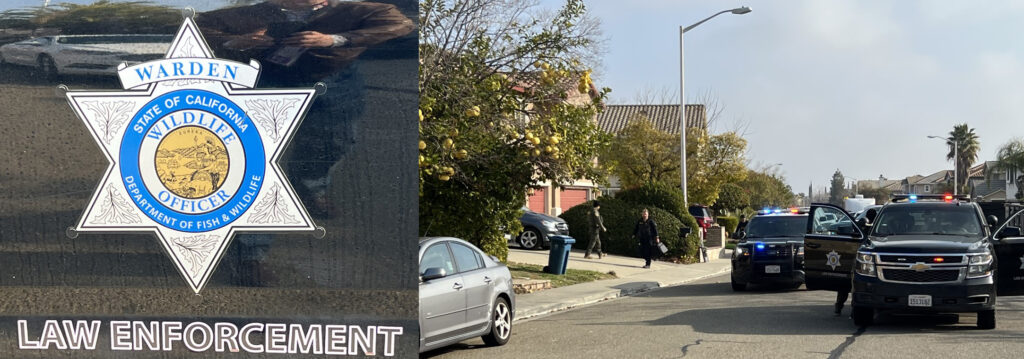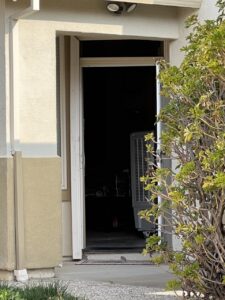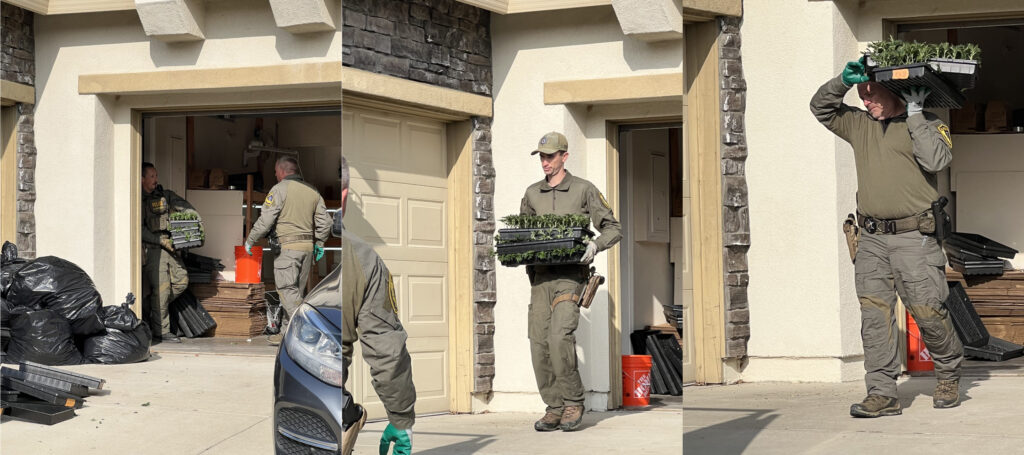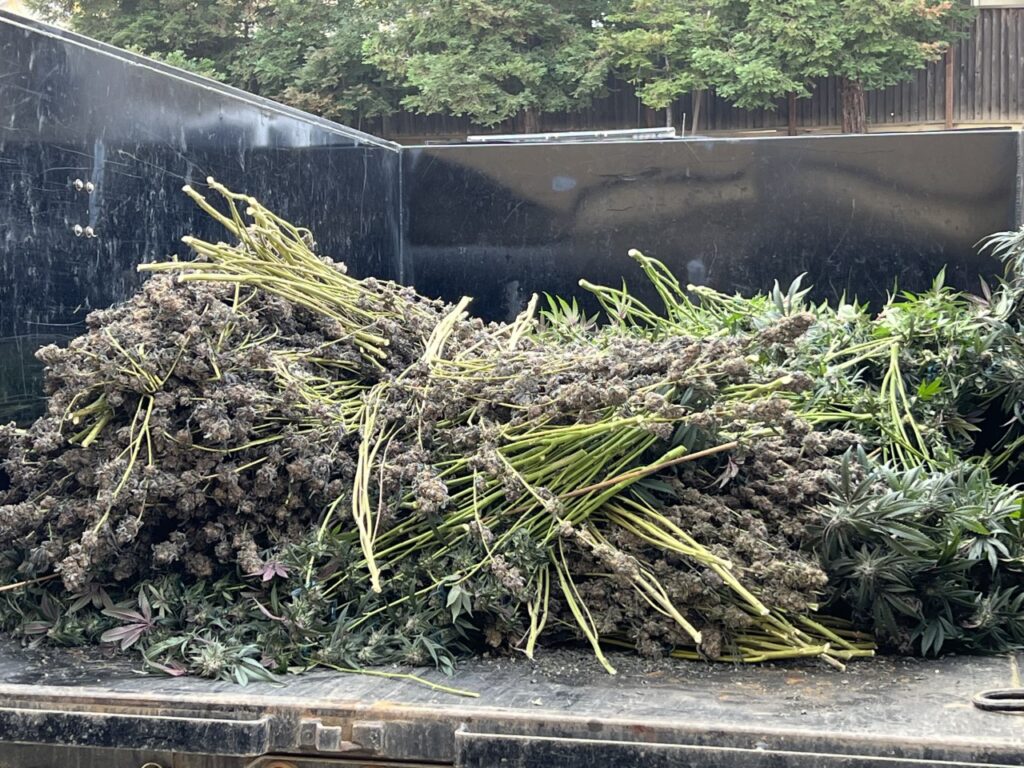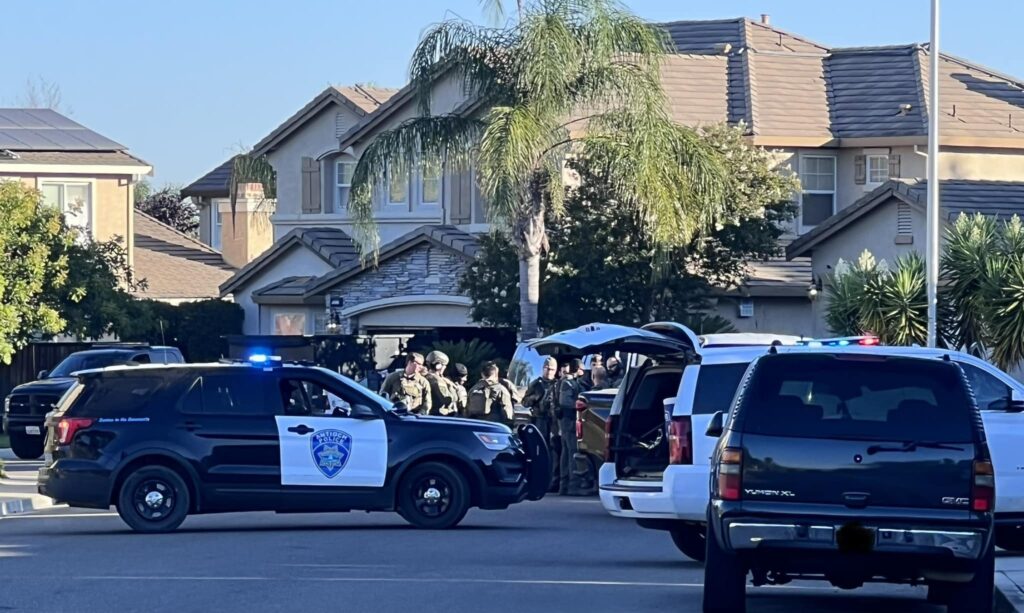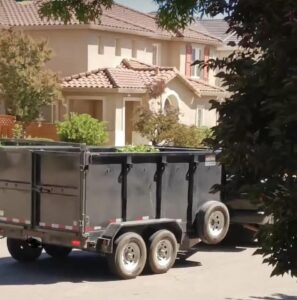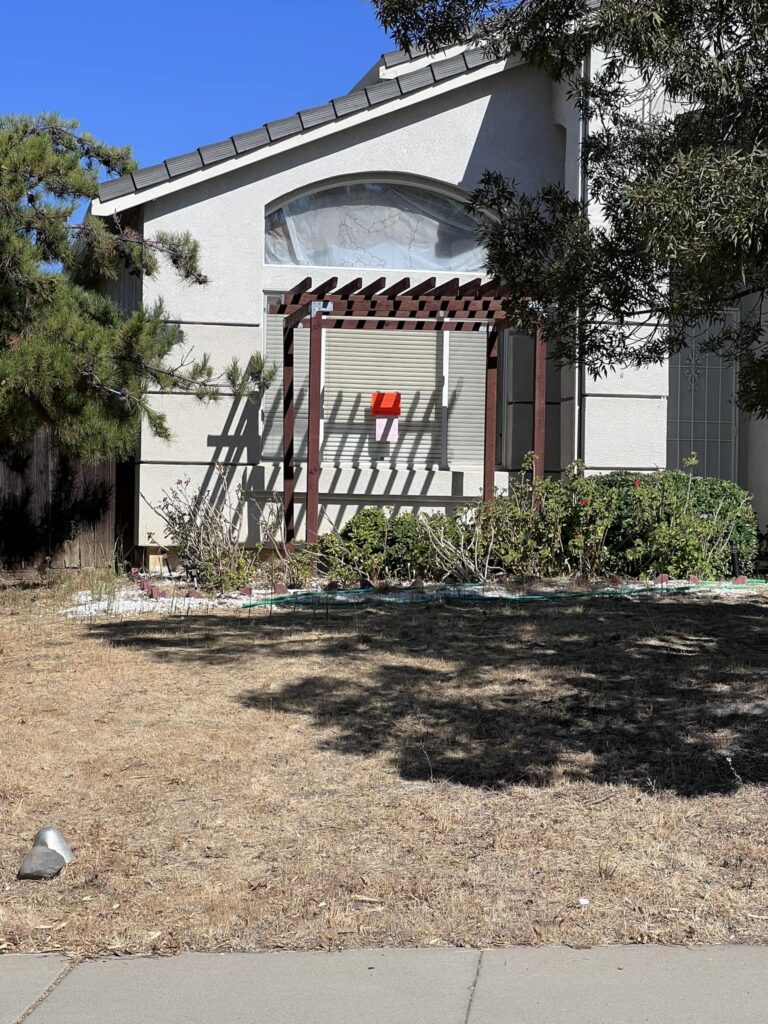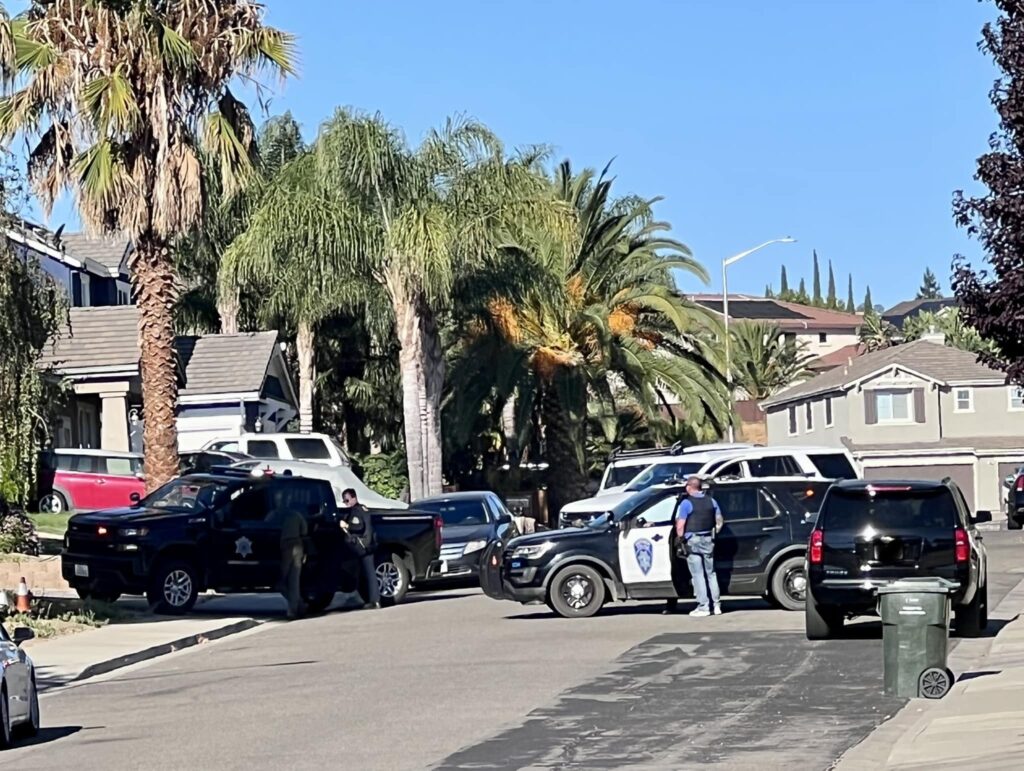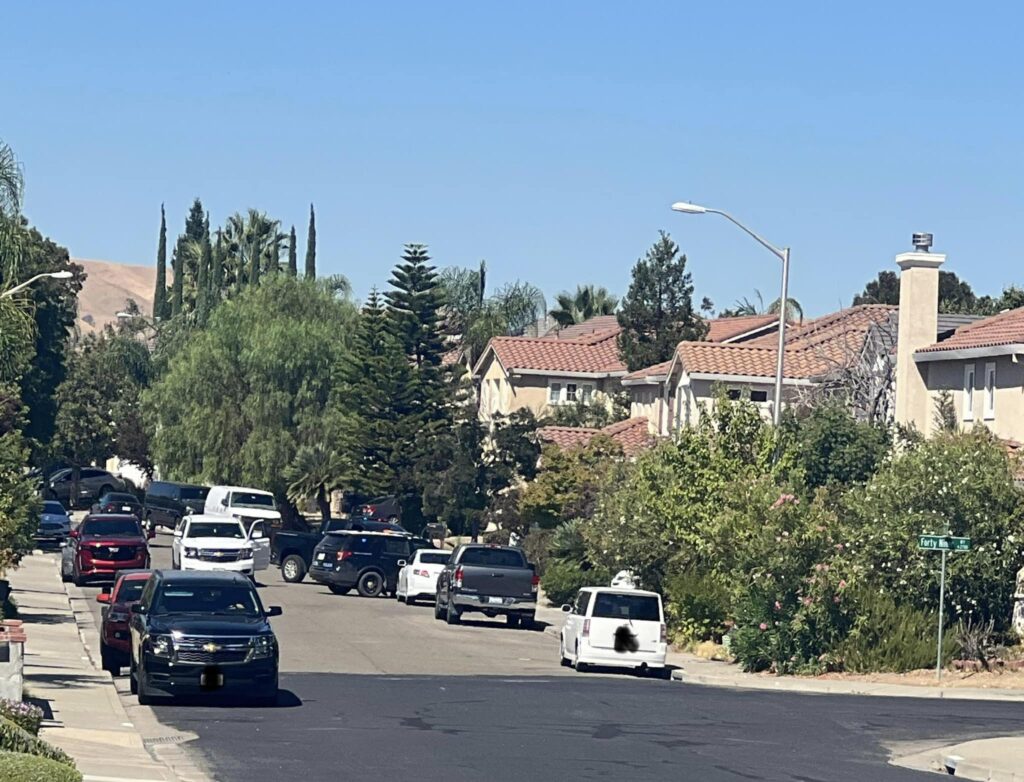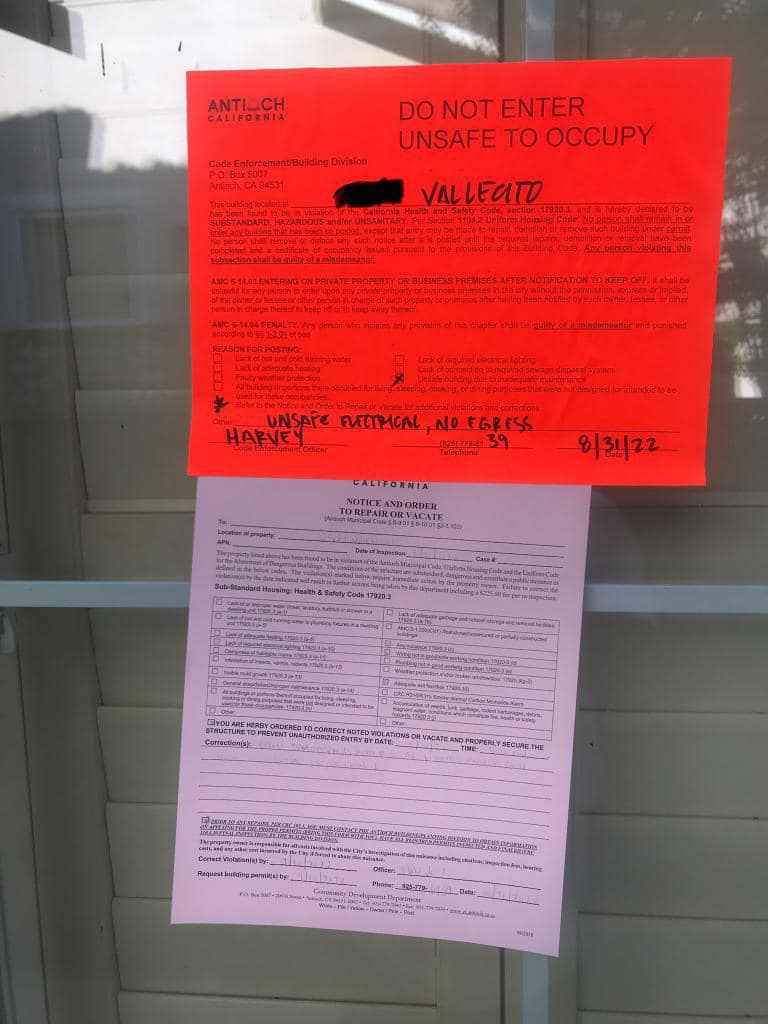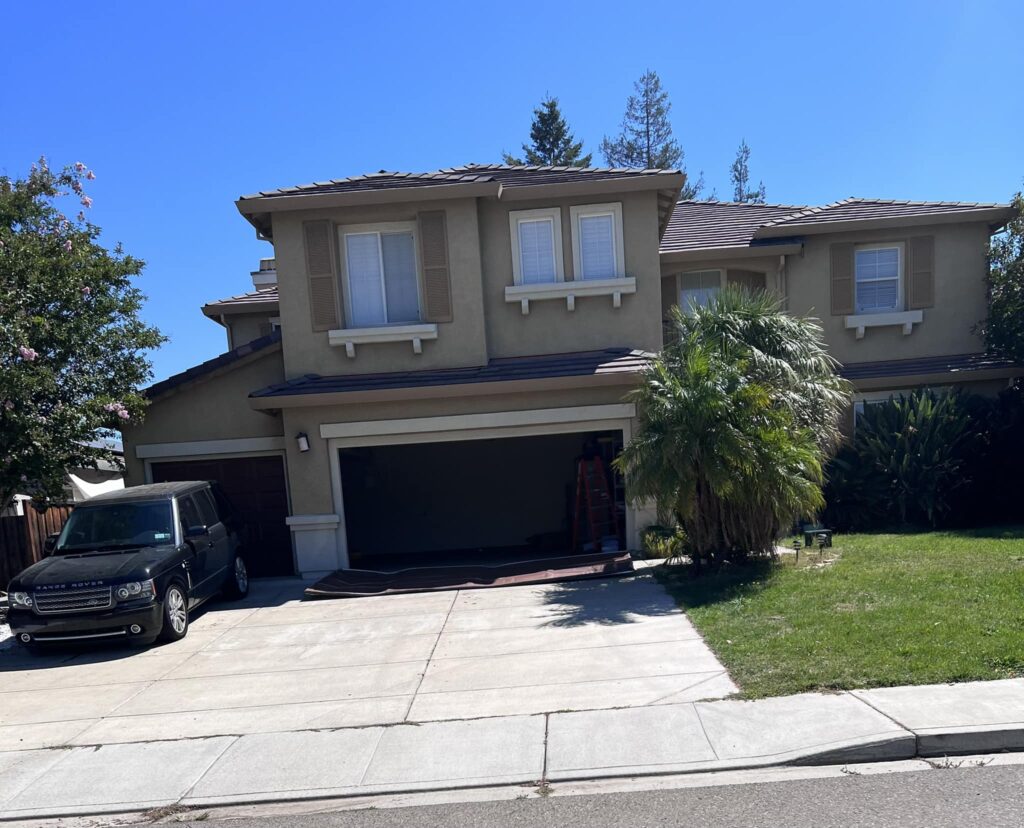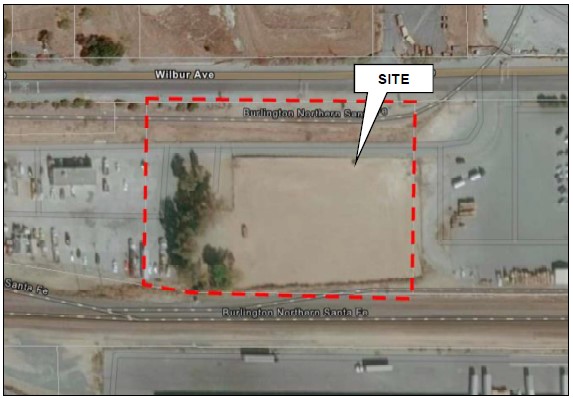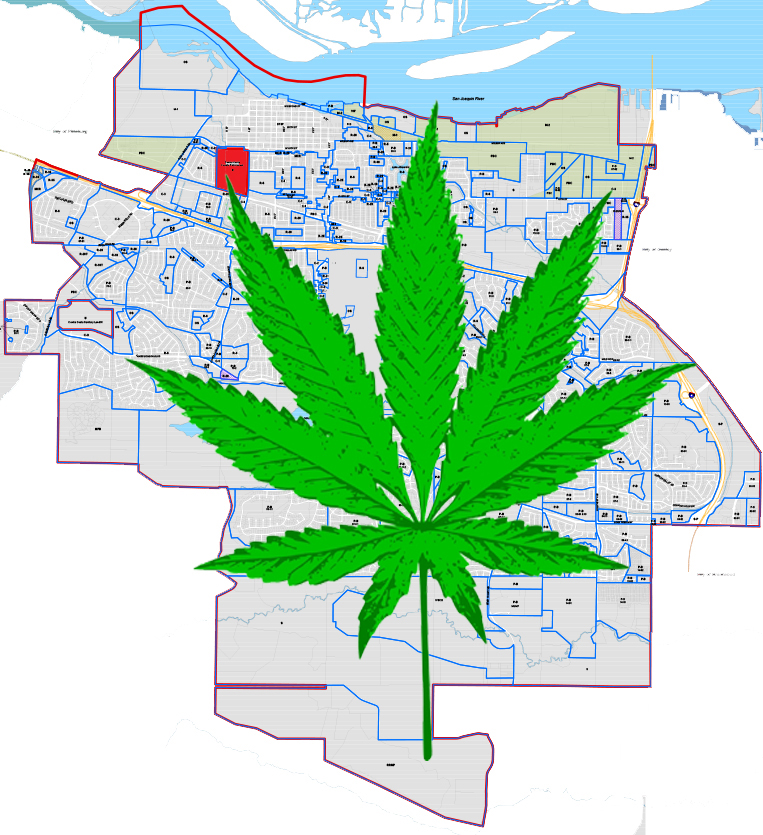
District 4 councilwoman won’t say why; McCauley not happy
Approves on split vote changes to RV, boat parking ordinance allowing only 200 permits per year; allows parking on driveways in front of homes
Settle police use of force lawsuit for $495,000
By Allen D. Payton
During their meeting Tuesday night, August 23, the Antioch City Council voted 3-2 for another cannabis distribution business but split 2-2 with District 4 Councilwoman Monica Wilson recusing herself on the vote defeating the first cannabis retail business proposed for downtown Rivertown. In addition, the council voted 4-1 to allow RV and boat owners in the city to park them in front of their homes on their driveways. Finally, the council voted in closed session to settle a police use of force lawsuit.
RV Ordinance
The city will issue up to 200 permits per year to RV owners. However, according to the city staff report, the “946 permits from the current RV Registration System will be carried over into the new system and will not count towards the 200 annual cap.” The ordinance requires a three-foot setback from the sidewalk and property lines.
The ordinance provides the following definitions:
“RECREATIONAL VEHICLE. A personal vehicle, including but not limited to, a camping trailer, motorhome, tent trailer, fifth-wheel trailer, unmounted camper shell, boat, personal watercraft, utility trailer, or other mobile recreational equipment or watercraft, or any empty trailer intended for or capable of carrying any of the above.
MOTOR VEHICLE. Any automobile, truck, trailer, Recreational Vehicle, or other vehicle or equipment that is required to be registered with the California Department of Motor Vehicles.”
After previous meetings and dozens of public comments on the matter, then hearing a few more members of the public speak on both sides of the issue Tuesday night, District 3 Councilwoman Lori Ogorchock made the motion, District 1 Councilwoman Tamisha Torres-Walker seconded the motion, and it passed on a 4-1 vote with only Mayor Pro Tem Mike Barbanica voting no. RV Parking Ordinance ACC082322
Another Cannabis Distribution Business Approved on 3-2 Vote
The council also voted to approve another cannabis business at the former Goodwill location at the western corner of W. 10th Street, inside the same building as an existing cannabis retail business, called One Plant, which already has a use permit. (See related article)
Former Antioch Councilman and police officer Ralph Hernandez was the only person to speak on the item, opposing it stating, “marijuana is still illegally federally” and attracts crime.
“I’m kind of disappointed that the owner isn’t even here,” Ogorchock said. “I would only request that they improve the landscaping.”
“I believe the owner was present, but the first item ran long,” said Torres-Walker.
“We approved their application the first time,” Thorpe said.
Wilson moved approval of the cannabis distribution center at the location, and it passed 3-2 with Barbanica and Ogorchock voting no.
Wilson Recuses on Rivertown Retail Cannabis Business, Denied 2-2
The second cannabis business on the agenda, named FUEL to be the first one planned for Rivertown, the city’s historic downtown, was then introduced for a public hearing.
“AKA the McCauley Cartel,” Thorpe said with a chuckle.
“Something that’s been brought to my attention this afternoon,” Wilson said mentioning the city attorney, then recused herself from the dais. Asked why after the meeting she did not respond.
The council approved the downtown cannabis retail zone last year, Community Development Director Forrest Ebbs said in presenting the staff report. But the council waived the normal setback restrictions of 600 feet from a church or school.
Vinyak Shasry, the partner of Sean McCauley, who owns a variety of buildings and has brought several restaurants to the Rivertown Dining District and was also at the meeting, provided a presentation to the council “to convert what was a dance studio”.
“This will benefit the downtown area by bringing foot traffic,” he said. “It’s clean, it’s professional, it’s safe.”
The first speaker to oppose it at 11:50 p.m. was Hernandez saying, “Is marijuana healthy? No. Is it illegal? Yes. Marijuana has already been identified as a schedule one drug. Families suffer. Law enforcement is now checking drivers for marijuana.”
“The location that they showed pictures of, the dance studio, across from a federal credit union,” he stated. “Does it belong there? No. Can you guarantee our community that the people who will be under the influence of these products will be safe? I say, ‘no’.”
“They’re not going to consume them in the facility but as soon as they step out onto the sidewalk, they’re going to be walking or driving,” Hernandez stated. “It’s not going to be just restricted to this facility. They’re selling you a dream. They’re going to be using it in the streets in their cars. They’re going to make a lot of money.”
“Can’t we make money without marijuana?” he asked. “Don’t fall for this, people. Come on. If you’re really concerned about the safety of Antioch, you’ll vote no.”
Another member of the public to speak was homeless advocate Andrew Becker who said, “I want to come up and thank Ralph. It really takes a courageous person to come up and share truth. Here in California, we’ve made incredible strides in the marijuana industry and it’s incredibly disappointing to hear that the federal government hasn’t kept up with this.” He compared smoking marijuana to smoking cigarettes and drinking alcohol. “To consume recreational cannabis in California you have to be 21.”
Two more speakers supported the business and one more opposed it, citing the potential, negative impacts on homeless residents in the city.
During council discussion Barbanica spoke first saying, “When this overlay came before council a year ago…what I asked for simply was some boundaries, next to schools, churches, rehab centers. But it was shot down. I would be a hypocrite now to vote for something that I didn’t vote for with the overlay.”
“I do want to remind you that in that substitute motion you would have zero facilities downtown,” Thorpe stated.
“The only thing I’m looking at if this is to pass is the security on site,” Ogorchock said asking for two security officers.
“Is that an amendment the operator needs to make?” Torres-Walker asked.
“Yes,” Ogorchock responded.
“That’s part of the requirement. I believe that’s in there,” Shasry said.
“I see Captain Morefield shaking his head it’s in there, so there’s two,” Thorpe stated.
District 1 Councilwoman Torres-Walker then moved approval of the use permit for the cannabis retail business. Thorpe seconded. But it failed on a 2-2 tie.
“So, if there are two yes, two no, the motion doesn’t pass,” City Clerk Ellie Householder asked City Attorney Thomas Smith, which he confirmed.
McCauley Not Happy
Reached for comment Wednesday morning, asked if he had hosted a fundraiser for Wilson and if that’s why she recused herself, McCauley responded, “probably. But she shouldn’t have. This would have brought 1,000 new people a day and foot traffic to the downtown district. That’s the equivalent of 15 operators. The businesses need this foot traffic.”
“Right now, we have over a million dollars a month in restaurant revenue for the two large restaurants (Smith’s Landing and Monica’s Riverview),” he shared. “We need to get people into the downtown area, now.”
“They wanted it. I didn’t put the overlay down there, they did,” McCauley continued. “After I spent $10,000 trying to get it in there and getting it lined up. Then they voted it down. I don’t understand it.”
“If they’re going to have cannabis in the downtown area, I needed to control it to have the best operator to not ruin what I’ve done down there, not just some smoke shop,” he explained. “We wanted it to look like an Apple store. These are quality people, soccer moms, professionals. It’s not the black market.”
“If they want it on the outskirts everywhere else and have thousands in foot track everywhere else, fine. But they wanted it. There’s one license that they’re going to allow downtown,” McCauley stated. “That’s what our strategy was. Now, we don’t know what’s going to happen down there. We wanted to have the best operator in the downtown district. We don’t know what’s going to happen with the next person who’s going to come down there.”
“We opened Luxe Salon Studios down there. We have 40 new entrepreneurs in the downtown district. We’re trying to build momentum,” he added.
“I respect the decision of the council and would feel other operators in the downtown overlay would be treated accordingly,” McCauley stated.
Pressed further if he hosted a fundraiser for Wilson and about recusing herself, he said, “I let her use my property for a fundraiser. I didn’t contribute any money to her campaign. But I don’t really think that was the reason.”
Settle Police Use of Force Lawsuit
In other council action, reporting out from closed session before the regular meeting, City Attorney Smith said the city council agreed to a settlement of $495,000 in a case of police use of force. The motion was moved by Mayor Pro Tem Barbanica and seconded by Councilwoman Ogorchock and it was approved 5-0.
Conflicts of Interest Law, Questions for Wilson, City Attorney
According to the California Fair Political Practices Commission Conflicts of Interest, “a public official has a disqualifying conflict of interest in a governmental decision if it is foreseeable that the decision will have a financial impact on his or her personal finances or other financial interests. In such cases, there is a risk of biased decision-making that could sacrifice the public’s interest in favor of the official’s private financial interests. To avoid actual bias or the appearance of possible improprieties, the public official is prohibited from participating in the decision.”
Disqualifying Financial Interests
There are five types of interests that may result in disqualification:
- Business Entity. A business entity in which the official has an investment of $2,000 or more in which he or she is a director, officer, partner, trustee, employee, or manager.
- Real Property. Real property in which the official has an interest of $2,000 or more including leaseholds. (However, month-to-month leases are not considered real property interests.)
- Income. An individual or an entity from whom the official has received income or promised income aggregating to $500 or more in the previous 12 months, including the official’s community property interest in the income of his or her spouse or registered domestic partner.
- Gifts. An individual or an entity from whom the official has received gifts aggregating to $500 or more in the previous 12 months.
- Personal Finances. The official’s personal finances including his or her expenses, income, assets, or liabilities, as well as those of his or her immediate family.
Disqualifying Financial Impact or Effect
If a decision may have a financial impact or effect on any of the foregoing interests, an official is disqualified from governmental decision if the following two conditions are met:
- The financial impact or effect is foreseeable, and
- The financial impact or effect is significant enough to be considered material.
Generally, a financial impact or effect is presumed to be both foreseeable and material if the financial interest is ‘explicitly’ or directly involved in the decision. A financial interest is explicitly involved in the decision whenever the interest is a named party in, or the subject of, a governmental decision before the official or the official’s agency.
If the interest is “not explicitly involved” in the decision, a financial impact or effect is reasonably foreseeable if the effect can be recognized as a realistic possibility and more than hypothetical or theoretical. A financial effect need not be likely to occur to be considered reasonably foreseeable.
However, for interests “not explicitly involved” in the decision, different standards apply to determine whether a foreseeable effect on an interest will be material depending on the nature of the interest. The FPPC has adopted rules for deciding what kinds of financial effects are important enough to trigger a conflict of interest. These rules are called “materiality standards,” that is, they are the standards that should be used for judging what kind of financial impacts resulting from governmental decisions are considered material or important.
There are too many materiality standards to adequately review all of them here. To determine the applicable materiality standard, or to obtain more detailed information on conflicts, an official may seek assistance from agency counsel or the FPPC anytime the official has reason to believe a decision may have a financial impact or effect on his or her personal finances or other financial interests.
Exceptions
Not all conflicts of interest prevent a public official from lawfully taking part in the government decision. There are two limited exceptions to the conflict of interest rules:
- The Public Generally Exception. A public official is not disqualified from a decision if the effect on the official’s interests is indistinguishable from the effect on the public.
- Legally Required to Participate. In certain rare circumstances, a public official may be randomly selected to take part in a decision if a quorum cannot be reached because too many officials are disqualified under the Act.
Exceptions must be considered with care. A public official should contact agency counsel or the FPPC to determine if an exception applies.
Recusal Requirements
An official with a disqualifying conflict of interest may not make, participate in making, or use his or her position to influence a governmental decision. When appearing before his or her own agency or an agency subject to the authority or budgetary control of his or her agency, an official is making, participating in making, or using his or her position to influence a decision any time the official takes any action to influence the decision including directing a decision, voting, providing information or a recommendation, or contacting or appearing before any other agency official. When appearing before any other agency, the official must not act or purport to act in his or her official capacity or on behalf of his or her agency.
Certain officials (including city council members, planning commissioners, and members of the boards of supervisors) have a mandated manner in which they must disqualify from decisions made at a public meeting (including closed session decisions) and must publicly identify a conflict of interest and leave the room before the item is discussed.
While there are limited exceptions that allow a public official to participate as a member of the public and speak to the press, the exceptions are interpreted narrowly and may require advice from your agency’s counsel or the FPPC.”
The following questions were emailed Wednesday morning to both Wilson and City Attorney Smith asking “Monica, which disqualifying financial interest did you have to cause you to recuse yourself from voting on the Fuel cannabis retail business proposed for G Street, last night?
Do you own a financial interest in the business? Do you own a financial interest in the building where it was to be located? Does someone in your immediate family work for Mr. McCauley’s proposed cannabis business or any of his businesses? Was it because Sean McCauley allowed you to hold a campaign event at his property on Deer Valley Road? If so, how is that a conflict of interest since there was no personal financial gain, only a benefit to your campaign?
Thomas, did you advise the councilwoman to recuse herself? If so, on what basis?”
Please check back later for any updates to this report.
 The Department of Cannabis Control (DCC) announced on Dec. 6, 2022, that it has won a significant legal victory against participants in the illegal cannabis market. Represented by its partners in the Attorney General’s Office, DCC obtained a court order awarding more than $128 million in civil penalties—the maximum sought by DCC—against businesses and individuals that were engaged in unlicensed commercial cannabis activity.
The Department of Cannabis Control (DCC) announced on Dec. 6, 2022, that it has won a significant legal victory against participants in the illegal cannabis market. Represented by its partners in the Attorney General’s Office, DCC obtained a court order awarding more than $128 million in civil penalties—the maximum sought by DCC—against businesses and individuals that were engaged in unlicensed commercial cannabis activity.










